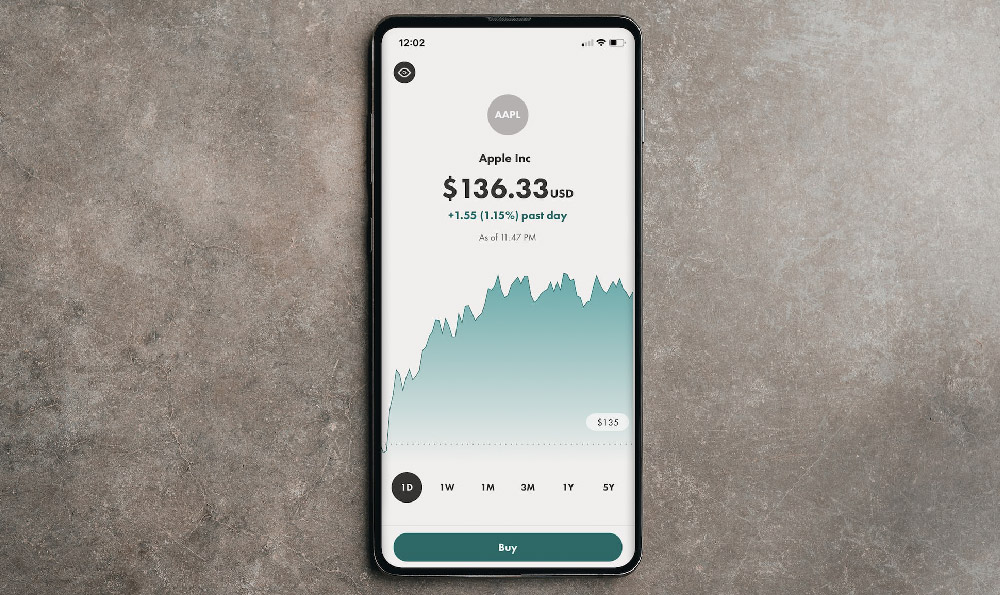Investing online has democratized the financial markets, offering unprecedented access and flexibility for individuals looking to grow their wealth. However, this ease of entry also necessitates a cautious and well-informed approach. Navigating the online investing landscape requires understanding the process, identifying suitable starting points, and mitigating potential risks. Let's delve into the intricacies of online investing and chart a course for potential success.
The journey begins with self-assessment. Before plunging into the market, it's crucial to understand your financial situation. This includes evaluating your income, expenses, debts, and existing assets. Define your investment goals: Are you saving for retirement, a down payment on a house, or simply seeking to grow your savings? The clarity of your goals will dictate your investment timeline and risk tolerance. An individual saving for retirement decades away can afford to take on more risk than someone saving for a house down payment in the next few years. Honestly assess your comfort level with potential losses. Risk tolerance is not just about how much you can afford to lose, but also how you emotionally react to market fluctuations. A volatile market can be unsettling, and it's crucial to ensure your investments align with your psychological comfort zone to avoid making rash decisions based on fear or greed.
Once you have a clear understanding of your financial standing and objectives, the next step involves selecting a brokerage account. Numerous online brokers are available, each offering different features, fees, and investment options. Carefully compare the offerings of different brokers. Consider factors such as commission fees, account minimums, research tools, educational resources, and the range of investment products available. Some brokers specialize in specific types of investments, such as options trading or international stocks. Others offer robo-advisors that provide automated portfolio management based on your risk profile. Popular online brokers include established names like Fidelity, Charles Schwab, and Vanguard, as well as newer platforms like Robinhood and Webull. Robinhood and Webull are often favored for their commission-free trading, but they might lack the comprehensive research and customer support of more established brokers. Fidelity and Schwab, while potentially charging small fees for some services, are known for their robust research tools, educational resources, and reliable customer support. Vanguard, known for its low-cost index funds, is an excellent choice for long-term, passive investors. It is wise to conduct thorough research and read reviews before committing to a particular brokerage.

With a brokerage account established, funding the account is the next logical step. Most brokers offer various methods for transferring funds, including electronic transfers from bank accounts, wire transfers, and even checks. After the account is funded, the real work begins: selecting investments. The world of online investing offers a bewildering array of options, each with its own risk-reward profile. Stocks, bonds, mutual funds, exchange-traded funds (ETFs), and options are just a few of the choices.
Stocks represent ownership in a company and offer the potential for high returns, but also carry significant risk. Understanding the financial health and future prospects of a company is crucial before investing in its stock. Bonds are debt instruments issued by corporations or governments, generally considered less risky than stocks but offering lower returns. Mutual funds are baskets of stocks, bonds, or other assets managed by a professional fund manager. They offer diversification but come with management fees. ETFs are similar to mutual funds but trade like stocks on an exchange, often offering lower expense ratios. Options are contracts that give the holder the right, but not the obligation, to buy or sell an asset at a specific price within a specific timeframe. They are complex instruments that can be highly profitable but also very risky.
Diversification is a cornerstone of sound investing. Don't put all your eggs in one basket. Spreading your investments across different asset classes, industries, and geographic regions can help mitigate risk. For example, instead of investing solely in technology stocks, consider diversifying into healthcare, consumer staples, and international markets. A well-diversified portfolio can help cushion the impact of market downturns and provide more stable returns over the long term.
Investing is not a one-time event but an ongoing process that requires continuous monitoring and adjustments. Regularly review your portfolio to ensure it still aligns with your goals and risk tolerance. Market conditions change, and your investment needs may also evolve over time. Periodically rebalance your portfolio to maintain your desired asset allocation. For example, if your target allocation is 60% stocks and 40% bonds, but your stock holdings have grown significantly due to market appreciation, you may need to sell some stocks and buy more bonds to restore the desired balance.
It’s crucial to remain informed and avoid making impulsive decisions based on market hype or fear. A long-term perspective is essential for successful investing. Market fluctuations are inevitable, but historically, the stock market has trended upward over the long run. Resist the temptation to time the market, which is notoriously difficult to do consistently. Instead, focus on building a well-diversified portfolio and staying invested for the long haul.
Education is paramount. The more you understand about investing, the better equipped you will be to make informed decisions. Take advantage of the wealth of online resources available, including articles, books, courses, and seminars. Reputable financial websites like Investopedia, Morningstar, and the SEC’s Investor.gov offer valuable information for investors of all levels. Remember that no investment strategy guarantees success. The stock market inherently carries risk, and losses are always possible. However, by following a disciplined approach, diversifying your portfolio, and staying informed, you can increase your chances of achieving your financial goals. Furthermore, consider consulting with a qualified financial advisor for personalized guidance. A financial advisor can help you assess your financial situation, develop a customized investment plan, and provide ongoing support and advice. While there is a cost associated with professional financial advice, it can be a worthwhile investment, especially for those who are new to investing or have complex financial situations. Investing online can be a rewarding experience, offering the potential to grow your wealth and achieve your financial goals. Approached with caution, diligence, and a commitment to continuous learning, online investing can empower individuals to take control of their financial futures.












